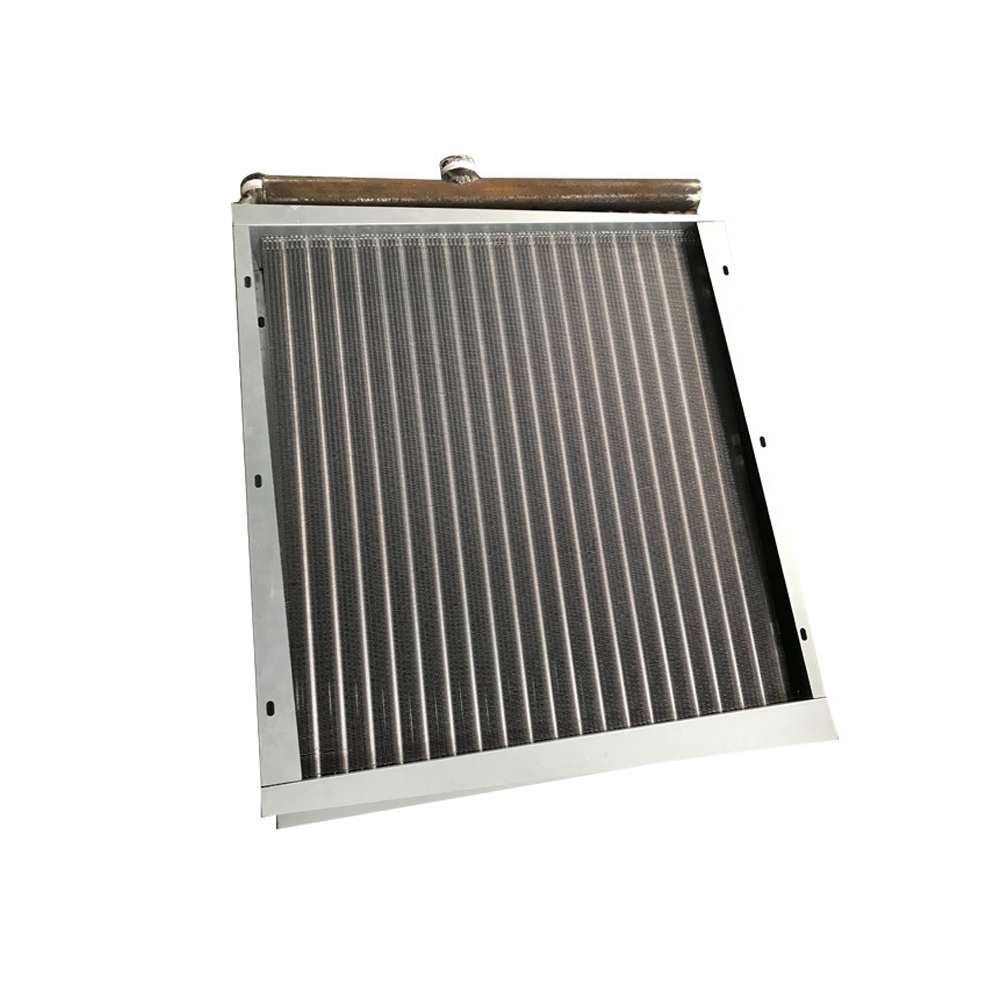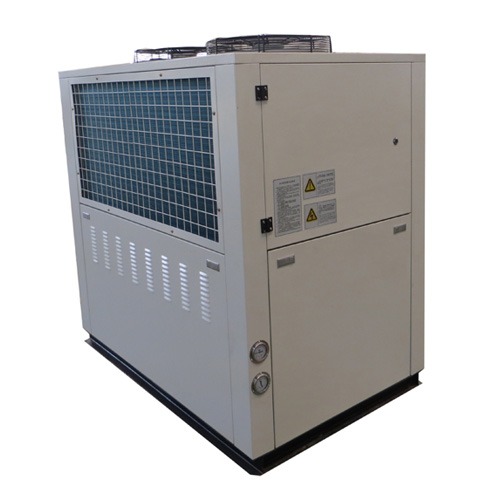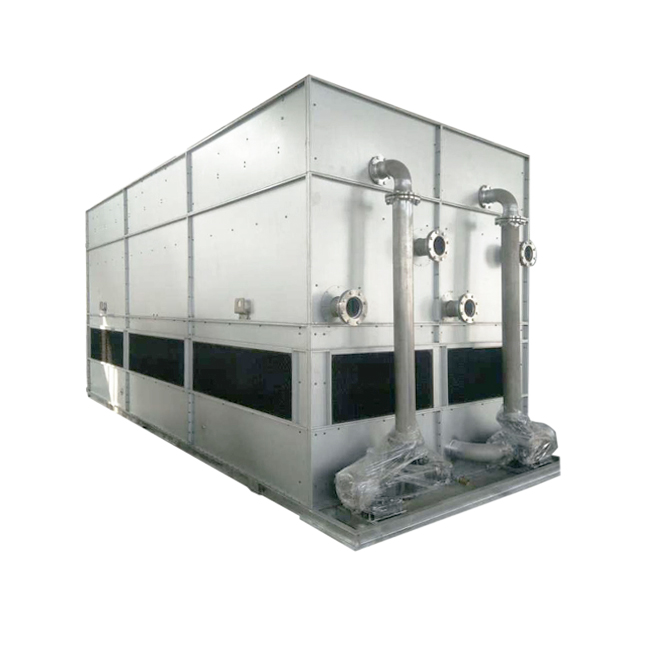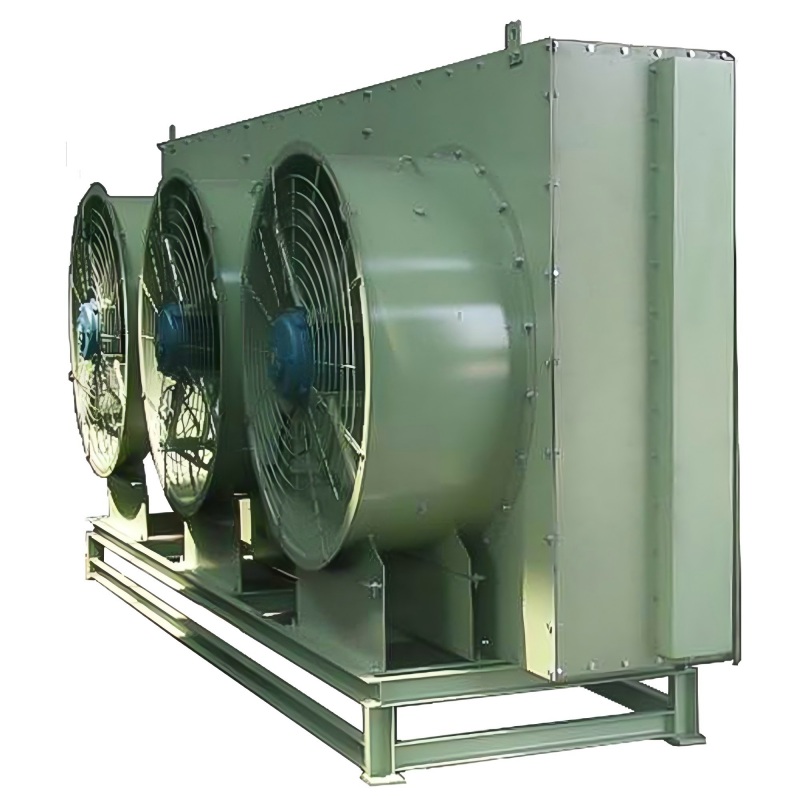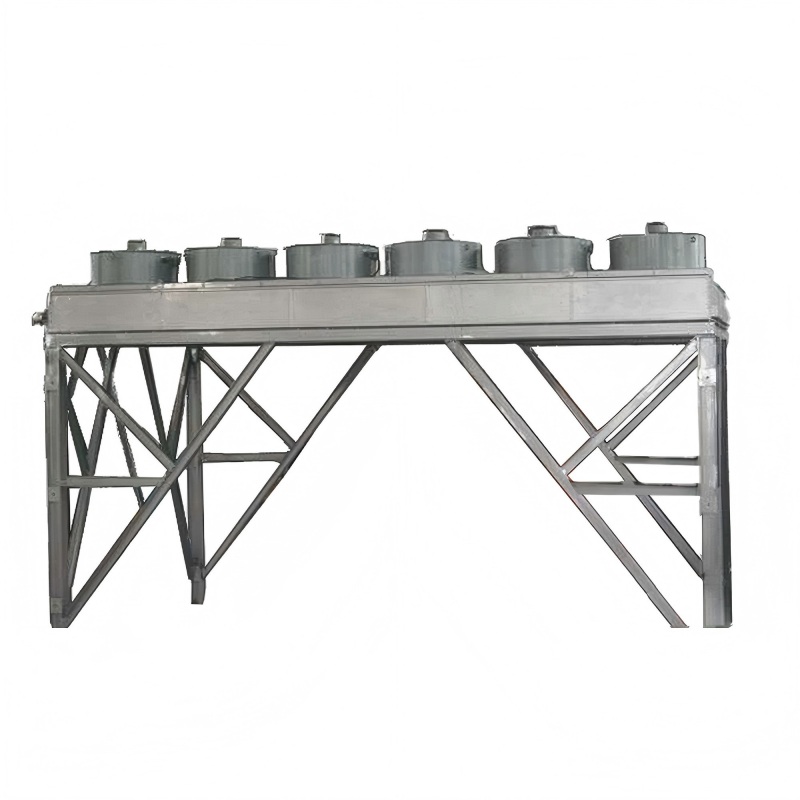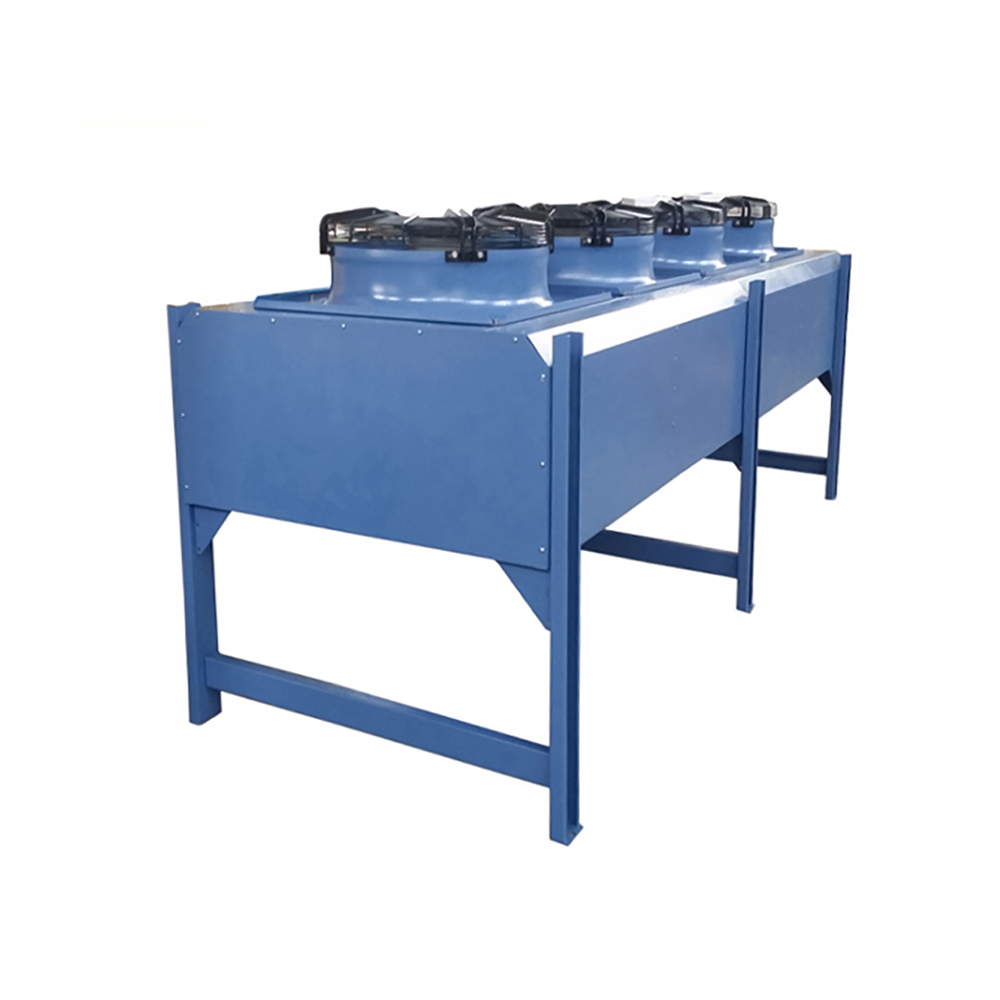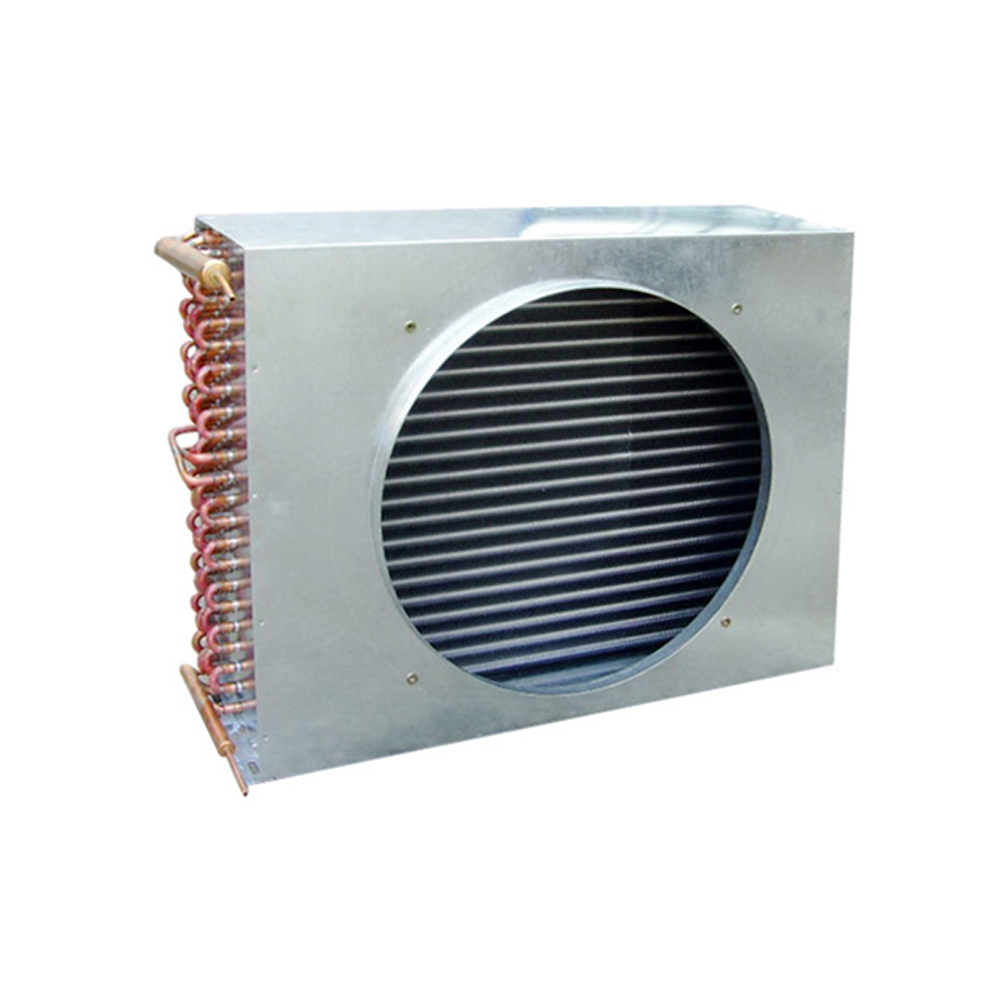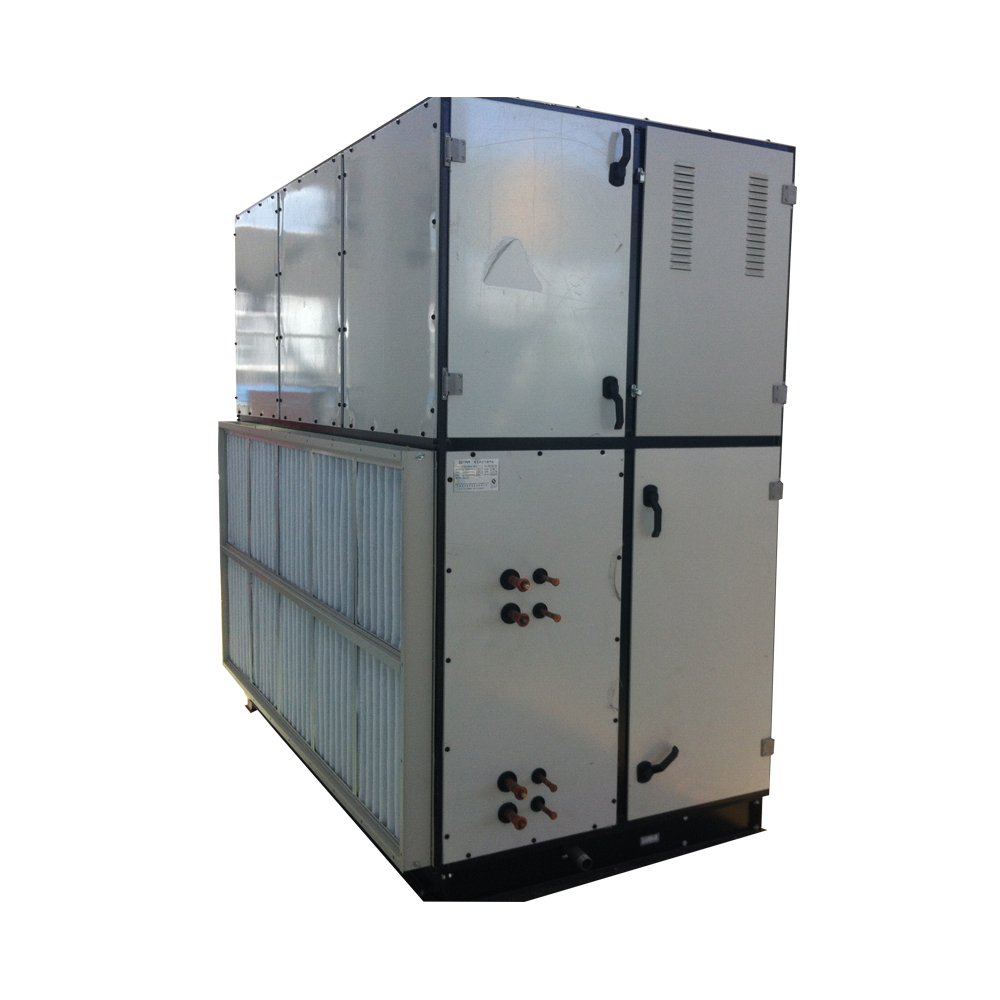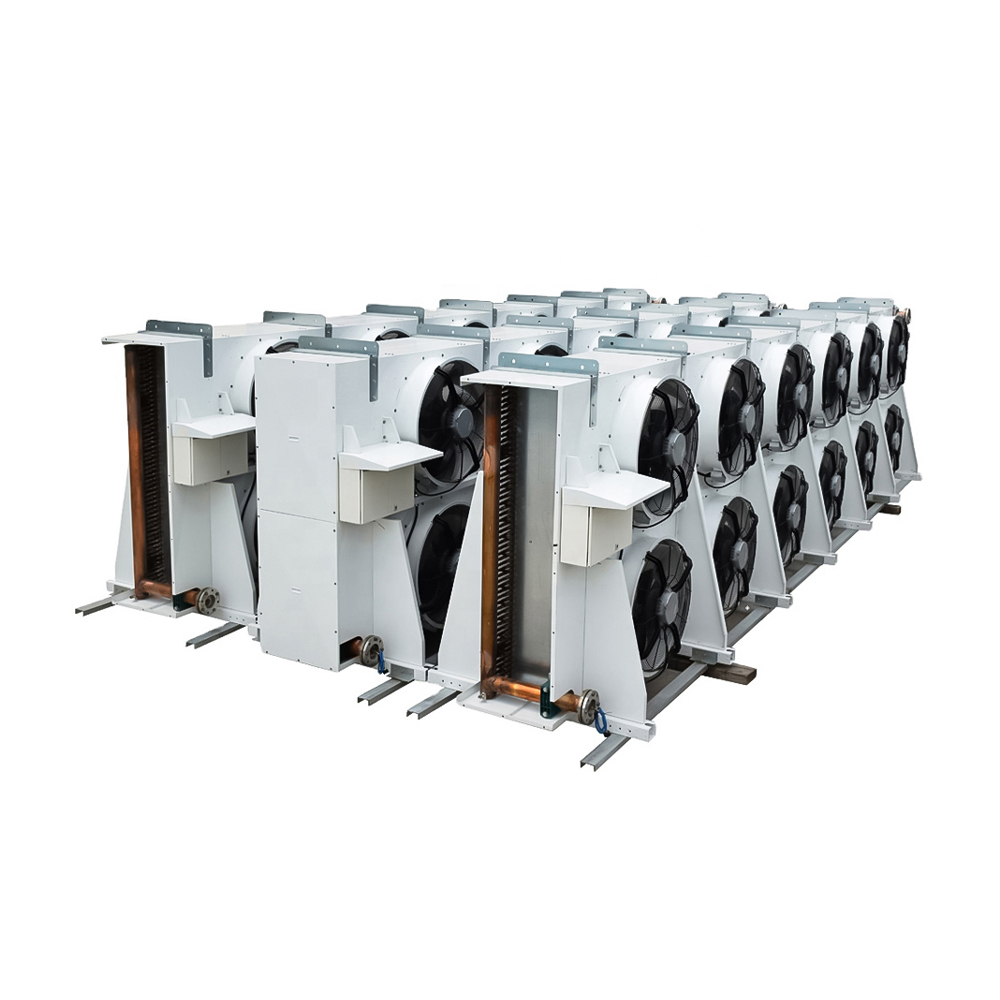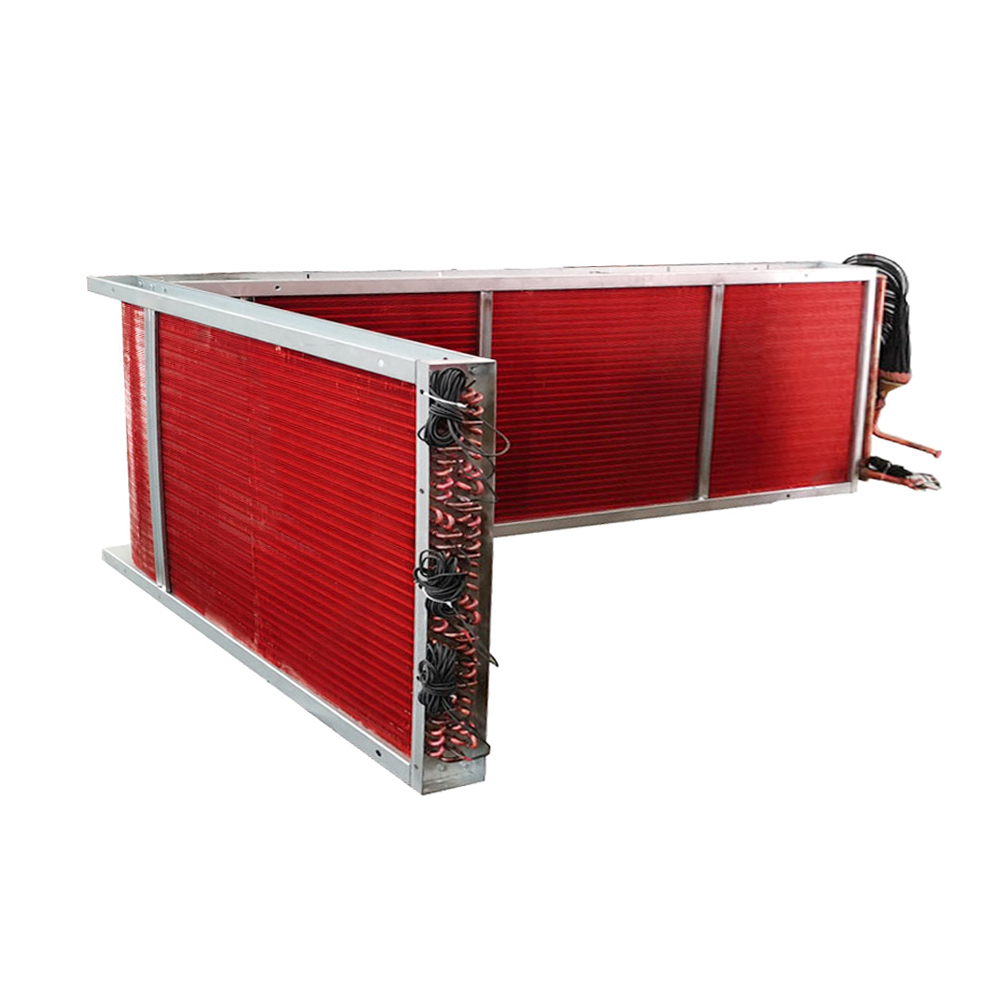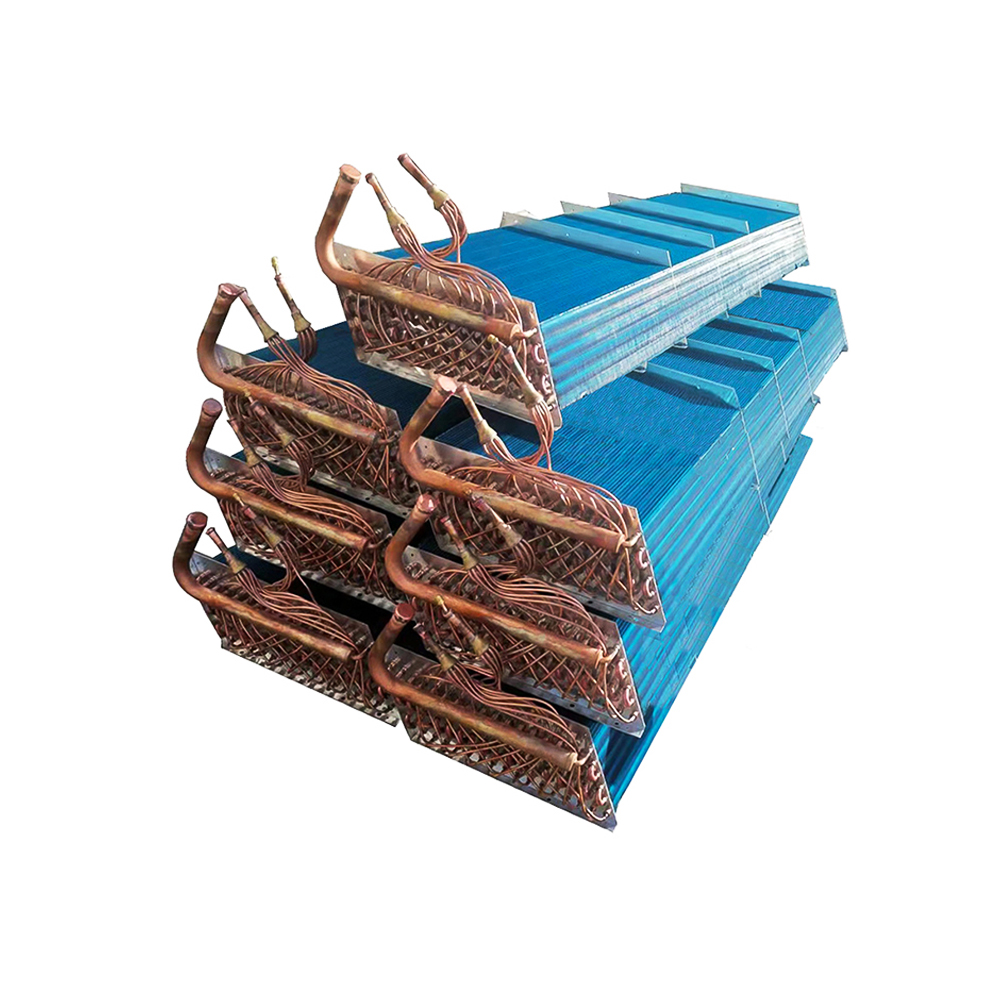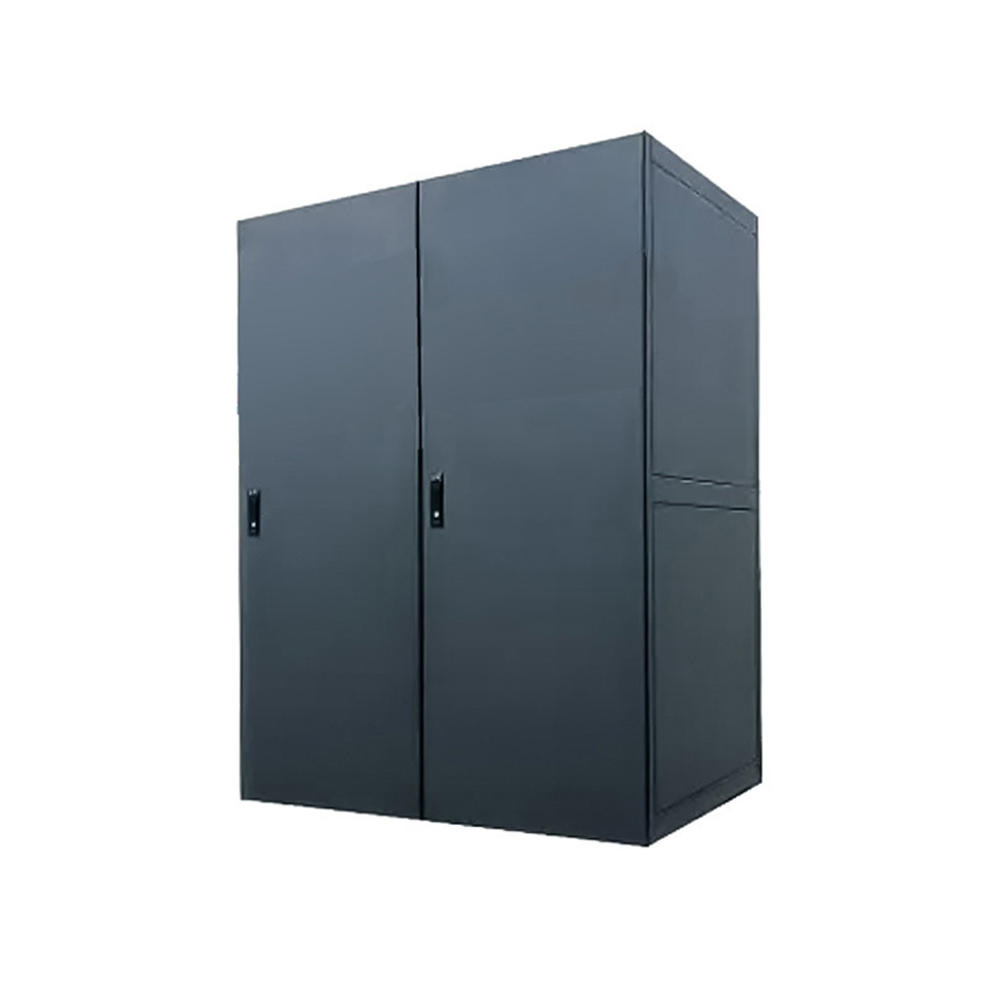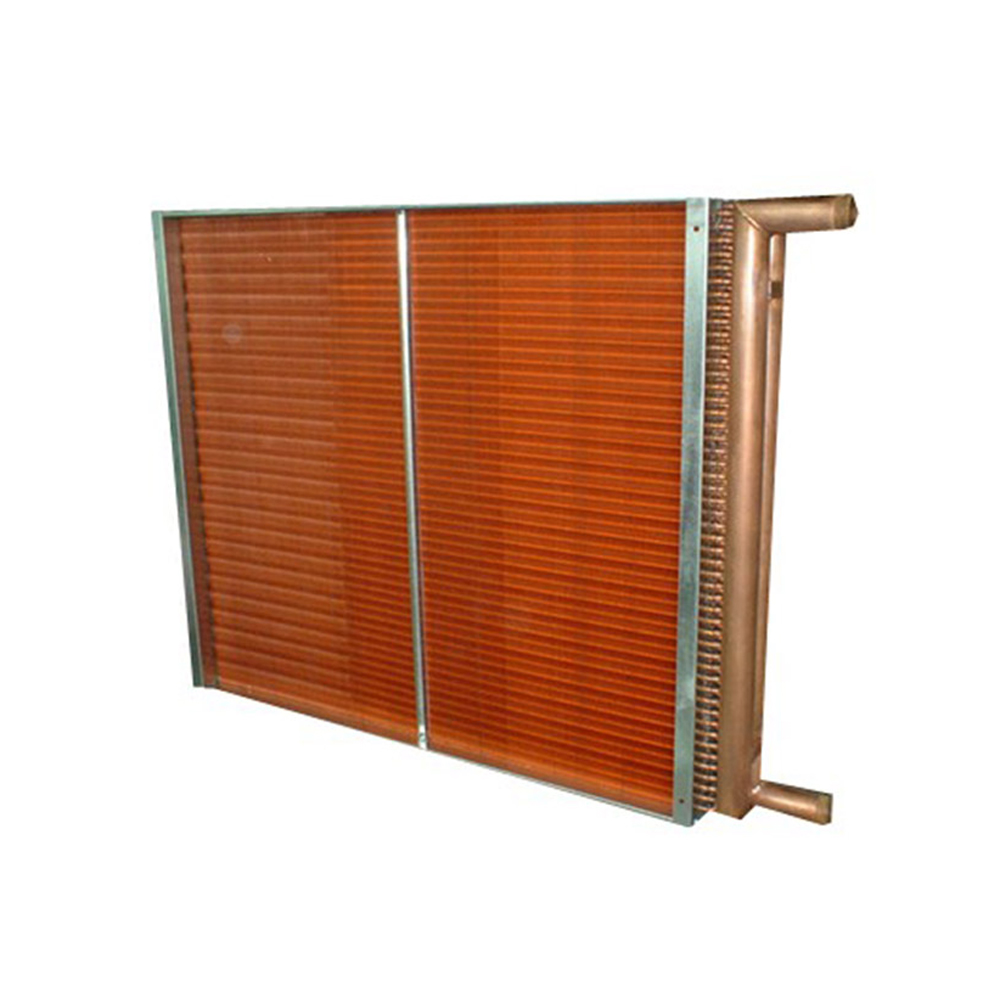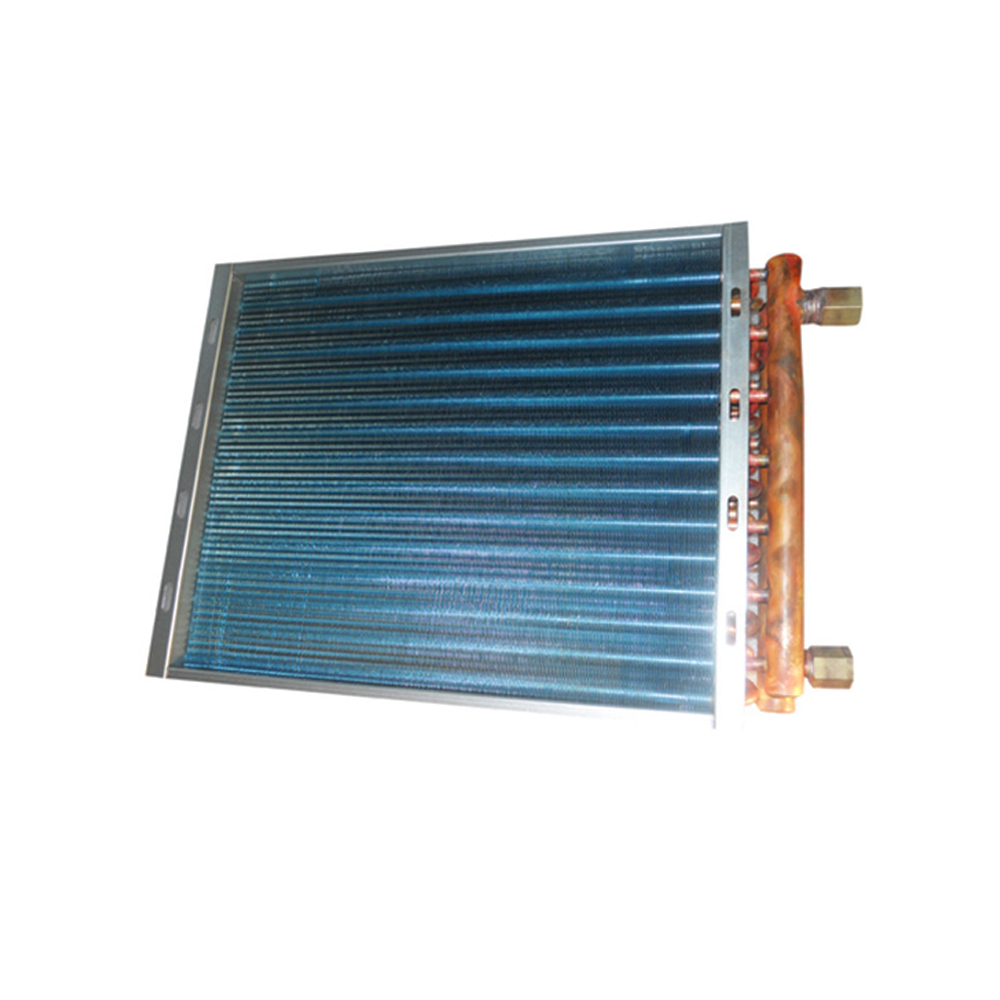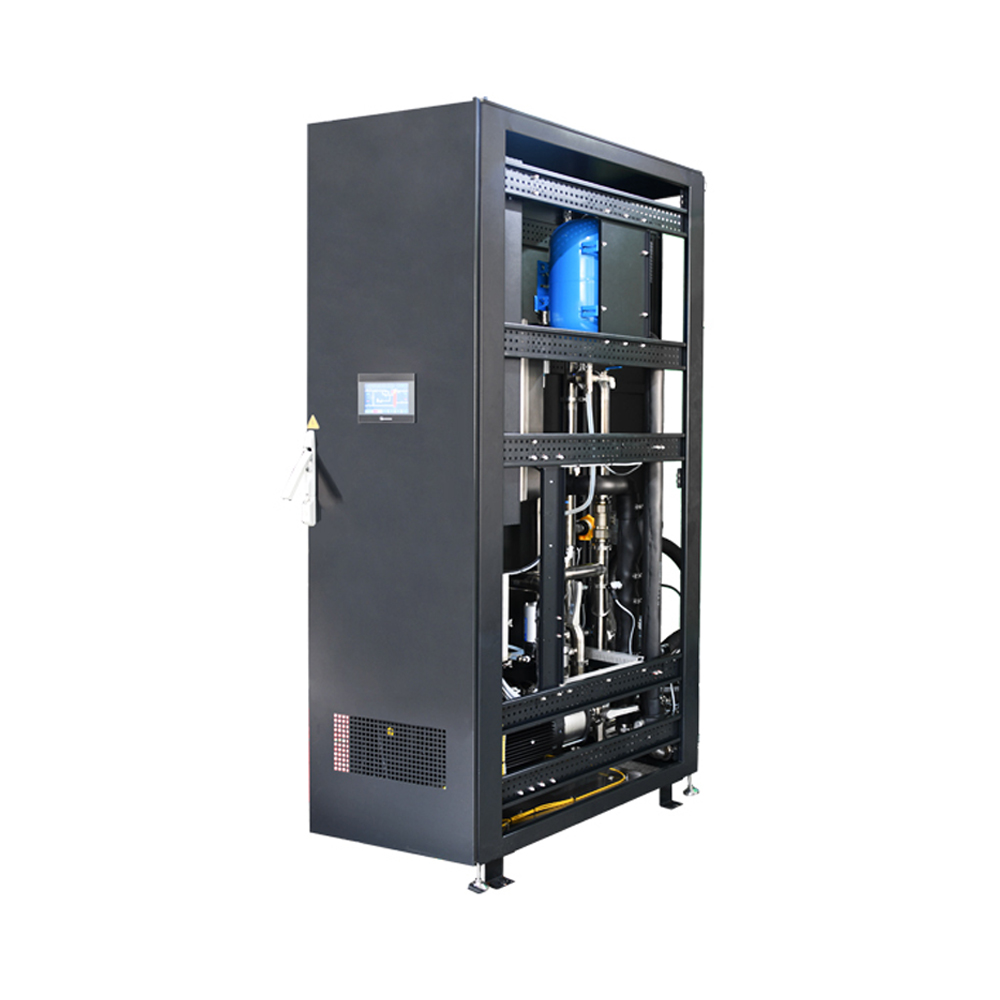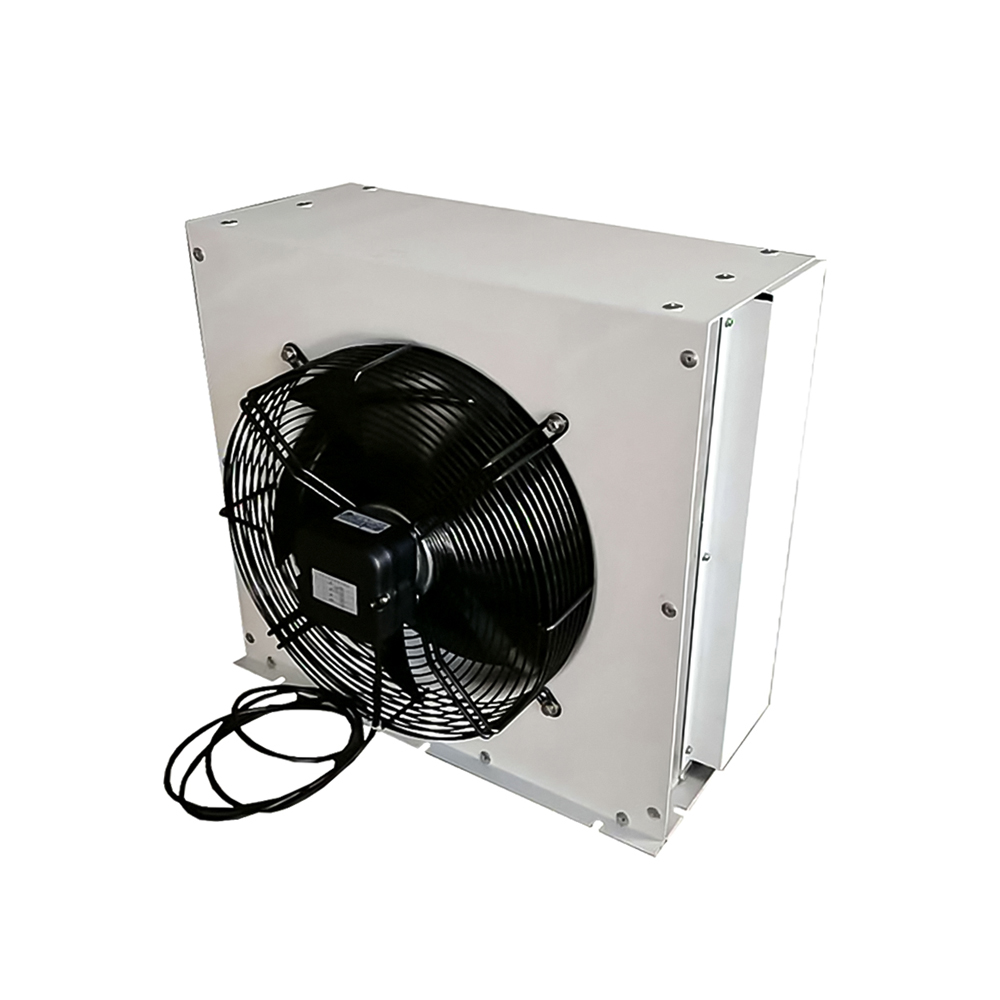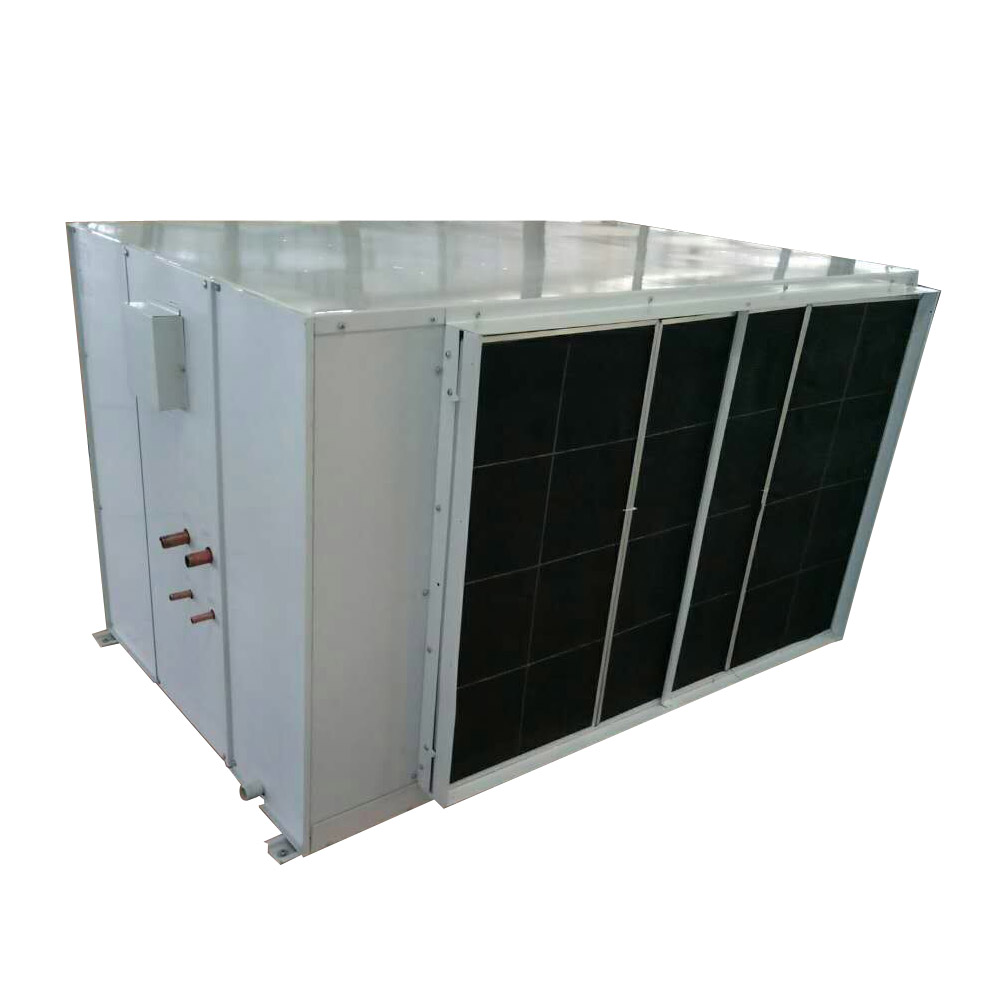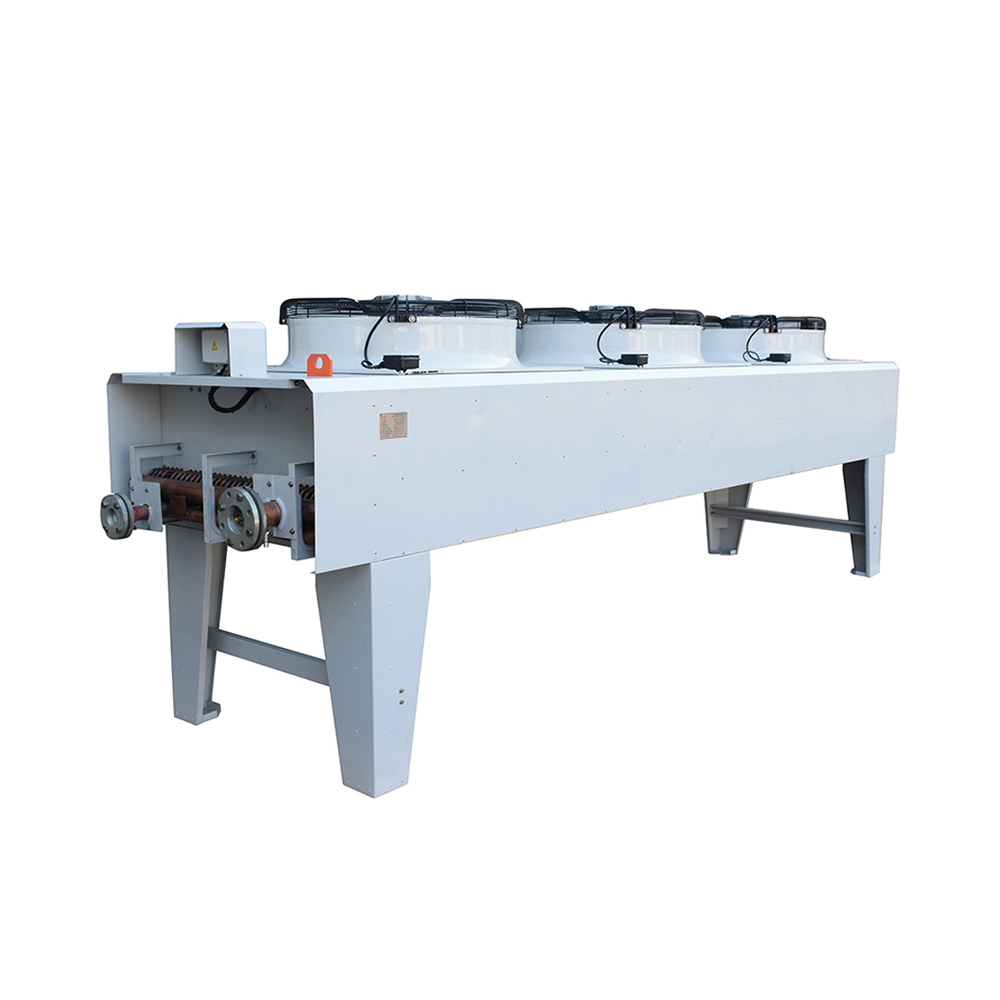This guide helps you navigate the market for adiabatic cooling units, providing insights into selection criteria, key features, and reputable suppliers. Learn how to choose the best system for your specific needs and avoid common pitfalls in the procurement process. We cover various aspects, from understanding the technology to assessing supplier capabilities.
Understanding Adiabatic Cooling Technology
How Adiabatic Cooling Works
Adiabatic cooling units utilize the evaporative cooling principle to lower the air temperature. Water is sprayed into the air stream, and as it evaporates, it absorbs heat from the surrounding air, thus reducing its temperature. This process is highly efficient and environmentally friendly, making it a popular choice for various industrial and commercial applications. The efficiency depends heavily on factors like ambient temperature and humidity. Higher humidity reduces effectiveness.
Types of Adiabatic Cooling Systems
Several types of adiabatic cooling units exist, each with its strengths and weaknesses. These include direct evaporative coolers, indirect evaporative coolers, and hybrid systems. Direct evaporative coolers mix the air and water directly, while indirect systems use a heat exchanger to prevent air and water mixing. Hybrid systems combine aspects of both.
Choosing the Right Adiabatic Cooling Units Supplier
Key Factors to Consider
Selecting the right supplier for your adiabatic cooling units is crucial. Consider the following:
- Experience and Reputation: Look for a supplier with a proven track record and positive customer reviews. How long have they been in business? What is their reputation for customer service and support?
- Product Quality and Warranty: Ensure the supplier offers high-quality units with comprehensive warranties. Inquire about materials used and manufacturing processes.
- Technical Expertise and Support: A reliable supplier provides technical expertise during selection, installation, and maintenance. Do they offer training or ongoing support?
- Customization and Flexibility: Determine if the supplier can customize units to meet your specific requirements. Can they adapt to your unique cooling needs?
- Pricing and Payment Terms: Compare prices from multiple suppliers and negotiate favorable payment terms. Understand all associated costs, including installation and maintenance.
Evaluating Supplier Capabilities
A thorough evaluation of potential suppliers is essential. This includes verifying their certifications, reviewing case studies, and checking references. Direct communication and detailed questions about their process are crucial.
Top Features to Look for in Adiabatic Cooling Units
Energy Efficiency
Energy efficiency is a primary concern. Look for units with high-efficiency evaporative media and optimized airflow designs. Consider the energy consumption under various operating conditions.
Durability and Reliability
Choose units constructed from durable, corrosion-resistant materials to ensure longevity and minimal maintenance. A robust design will withstand harsh operating conditions.
Ease of Installation and Maintenance
Ease of installation and maintenance directly impacts operational costs. Consider the complexity of the installation process and the accessibility of components for routine maintenance.
Case Studies and Examples
While specific case studies require confidentiality, we can highlight general scenarios. For instance, a large data center might require a high-capacity adiabatic cooling unit with precise temperature control. A smaller industrial facility may opt for a more compact and cost-effective solution.
Finding the Right Adiabatic Cooling Units Supplier: A Summary
Selecting a suitable supplier for your adiabatic cooling units involves careful consideration of various factors. By evaluating supplier capabilities, understanding the technology, and prioritizing key features, you can ensure a successful cooling solution. Remember to thoroughly research potential suppliers and compare their offerings before making a decision. For high-quality and reliable adiabatic cooling units, consider contacting Shanghai SHENGLIN M&E Technology Co.,Ltd.









